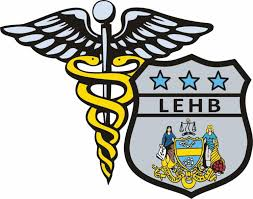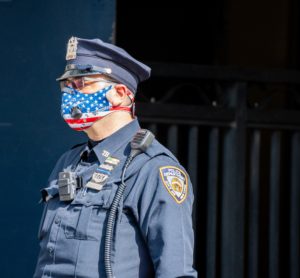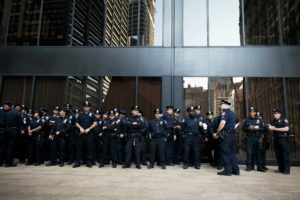CORA Supports Law Enforcement


CORA Services LEHB is supporting our law enforcement by providing onsite counseling and groups in a coordinated program under the LEHB. This will increase healthier community outcomes “focusing on individual and family resiliency by addressing the ability to cope, while reducing crisis and failure through education, proactivity and the development of health resources.” National FOP Headquarters

“The ultimate goal of peer support programs is to provide offices with emotional and tangible support in times of crisis. Officer will be equipped to handle their problems and will be directed toward resources to get them the help they need.” – Lexipol.com
Looking to request an appointment with CORA? Click here!
A special message from LEHB:
The Peer support trainings have been designed to increase participant’s awareness in the following areas:
Mental Health First Aid:
“Crisis Intervention is NOT psychotherapy; rather, it is a specialized acute emergency mental health intervention which requires specialized training. As physical first aid is to surgery, crisis intervention is to psychotherapy. Thus, crisis intervention is sometimes called “emotional first aid.” This program is designed to teach participants the fundamentals of, and a specific protocol for, individual crisis intervention” – National FOP Headquarters
Shield of Resilience:
This course provides law enforcement officers with a foundational skill set to better understand and address the behavioral health stressors that are unique to law enforcement.
Take the Shield of Resistance Course!
Police Officer Toolkit: PTSD and Military Veterans
The purpose of this toolkit is to assist police officers, or those who train police officers, to more effectively interact with Veterans who have posttraumatic stress disorder, or PTSD. Using the techniques described in this toolkit may increase the likelihood that you can help Veterans with PTSD gain control of their behavior and be less reactive when triggers happen. Your knowledge of PTSD, as well as military culture and training, could also help you make a connection with Veterans who have PTSD. You may become a positive role model, or potentially connect Veterans with PTSD to beneficial resources
Police Officer Toolkit: PTSD and Military Veterans
Psycho educational/processing groups forming now:
Suicide Prevention Seminal
Job Fatigue
Healthy Relationships
Teen Parenting
Anger Management (bi-weekly)
Grief Group (meeting weekly over 6 weeks)
Teen Talk Tuesday

How about a breathing exercise?
Learn the highly effective 4-7-8 breathing technique from a licensed professional counselor.
